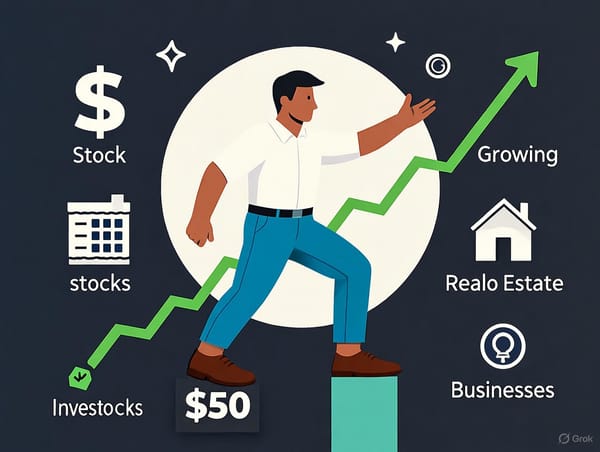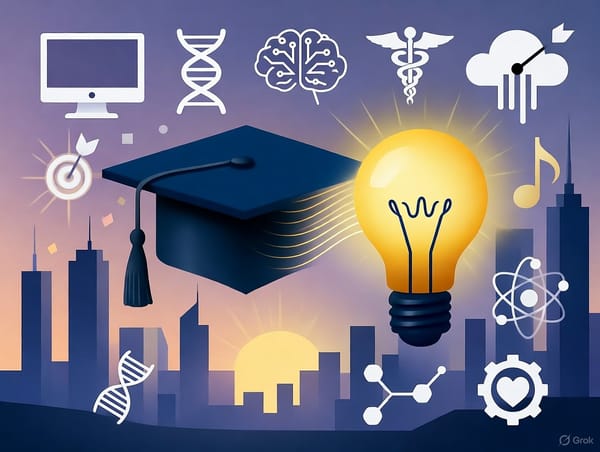Human Psychology
Human psychology reveals the intricate dance of our unconscious mind, social connections, and adaptable nature, empowering us to understand ourselves and thrive in a complex world.

Human psychology is the fascinating science of why we think, feel, and act the way we do. From the snap judgments we make in milliseconds to the deep-rooted fears that shape our lives, psychology offers a window into the complex machinery of the human mind. In this article, we’ll explore the core pillars of human psychology, uncover some surprising insights, and reflect on how understanding our minds can transform our lives.
What Is Human Psychology?
At its core, psychology is the study of the mind and behavior. It seeks to answer questions like: Why do we fall in love? What drives procrastination? How do our childhood experiences shape our adult selves? Psychologists use scientific methods to explore these questions, blending biology, sociology, and even philosophy to piece together the puzzle of human nature.
Psychology spans several domains, including:
- Cognitive Psychology: How we think, learn, and remember.
- Behavioral Psychology: How our actions are shaped by rewards and consequences.
- Social Psychology: How we’re influenced by others.
- Developmental Psychology: How we grow and change over time.
- Clinical Psychology: How we address mental health challenges.
Each domain reveals a piece of the human experience, showing us that our minds are both universal and uniquely individual.
The Power of the Unconscious Mind
One of the most intriguing discoveries in psychology is the role of the unconscious mind. Pioneered by Sigmund Freud and expanded by modern researchers, the idea is that much of our behavior is driven by thoughts and feelings we’re not fully aware of. For example:
- Automatic Biases: Our brains make quick judgments based on past experiences, often leading to stereotypes or snap decisions.
- Emotional Triggers: A seemingly small event, like a critical comment, can spark a strong reaction if it taps into a deeper insecurity.
Studies suggest that up to 95% of our decisions are influenced by unconscious processes. This explains why we might feel anxious without knowing why or choose one brand over another for no apparent reason. By becoming aware of these hidden drivers, we can make more intentional choices.
Why We’re Wired for Connection
Humans are social creatures, and psychology underscores just how deeply we rely on others. Social psychology reveals that our need for belonging shapes everything from our self-esteem to our moral choices. For instance:
- Conformity: Experiments like Solomon Asch’s line-length study showed that people often go along with the majority, even when they know it’s wrong, to avoid standing out.
- Empathy: Mirror neurons in our brains help us “feel” others’ emotions, fostering compassion and cooperation.
Yet, our social nature has a flip side. Groupthink can stifle creativity, and social media can amplify comparison and envy. Understanding these dynamics helps us navigate relationships with greater empathy and self-awareness.
The Growth Mindset: Rewiring Our Potential
One of the most empowering findings in psychology is the concept of a growth mindset, popularized by Carol Dweck. This is the belief that our abilities can improve with effort and learning, as opposed to a fixed mindset, where we assume our talents are set in stone. Research shows that people with a growth mindset:
- Embrace challenges as opportunities to learn.
- Persist through setbacks.
- Achieve higher levels of success over time.
For example, students who believe they can improve at math tend to perform better than those who think they’re “just not math people.” Cultivating a growth mindset can unlock potential in any area of life, from career goals to personal relationships.
The Role of Emotions
Emotions are the spice of human experience, but they’re often misunderstood. Psychology teaches us that emotions aren’t just random feelings—they’re signals that help us survive and thrive. For instance:
- Fear alerts us to danger.
- Joy reinforces behaviors that benefit us, like bonding with loved ones.
- Anger can motivate us to address injustice.
However, emotions can also mislead us. Anxiety might spiral into irrational worry, or anger might escalate into conflict. Techniques like mindfulness and cognitive-behavioral therapy (CBT) help us regulate emotions by reframing negative thought patterns. For example, instead of thinking, “I’m a failure,” CBT encourages us to say, “I didn’t succeed this time, but I can try again.”
Why Understanding Psychology Matters
Learning about human psychology isn’t just academic—it’s practical. By understanding how our minds work, we can:
- Improve Relationships: Recognize why conflicts arise and how to communicate effectively.
- Boost Mental Health: Identify unhelpful thought patterns and replace them with healthier ones.
- Achieve Goals: Use insights like the growth mindset to stay motivated.
- Navigate Society: Spot manipulative tactics in advertising or politics and make informed choices.
In a world that’s increasingly complex, psychology equips us with tools to better understand ourselves and others. It’s like having a user manual for the human mind.
Final Thoughts
Human psychology is a vast and ever-evolving field, but its core message is simple: Our minds are both intricate and adaptable. By exploring how we think, feel, and connect, we can unlock new ways to grow, heal, and thrive. So, the next time you catch yourself overthinking, procrastinating, or feeling a surge of joy, pause and ask: What’s my mind trying to tell me? The answer might just change the way you see yourself—and the world.





